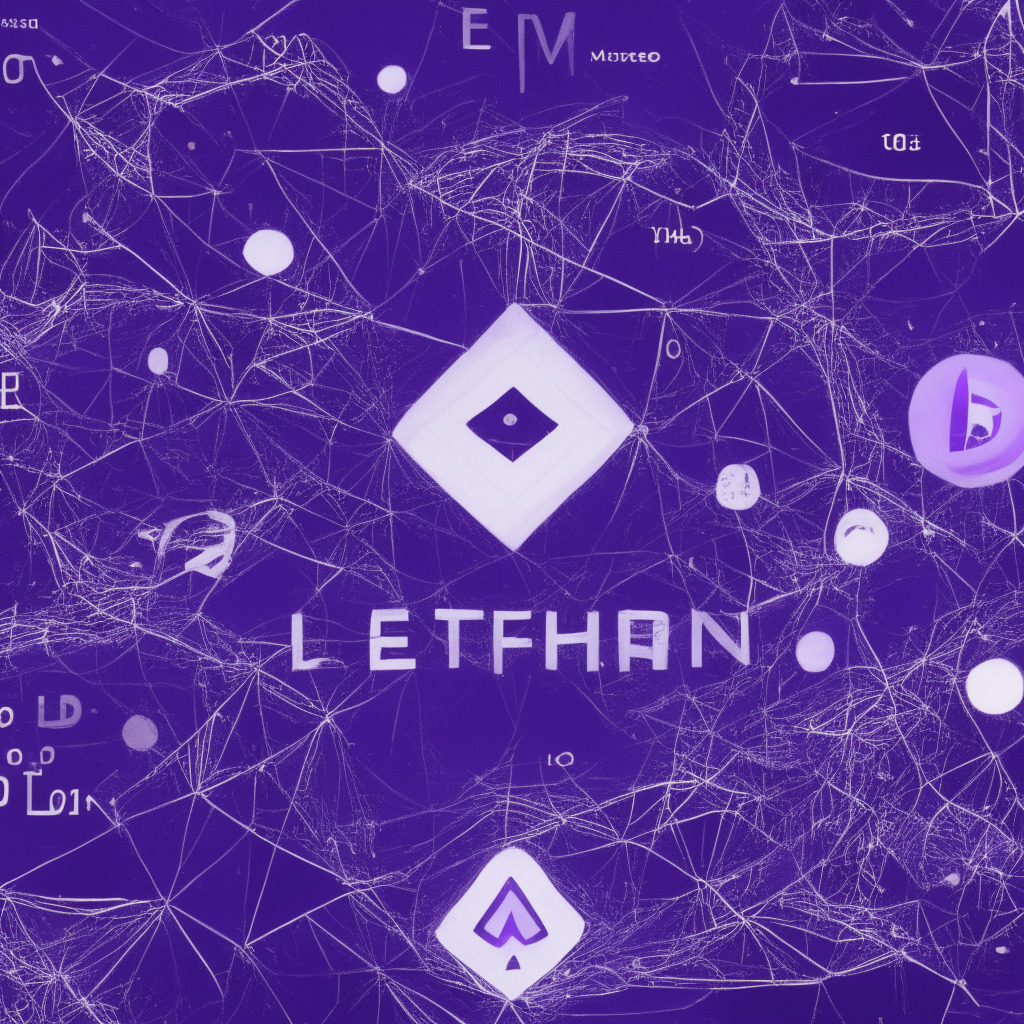In recent years, artificial intelligence (AI) has made incredible advancements across various industries, with many companies experimenting with AI systems to increase efficiency and expand their range of products and services. This rapid rise is evident in Microsoft‘s $10-billion investment in OpenAI, the company responsible for the widely popular chatbot ChatGPT launched in late 2022. However, as AI continues to expand in scope and power, it’s crucial to recognize and carefully weigh the potential risks that come with it.
One alarming concern is the creation of deepfakes, convincing computer-generated artificial images or videos that can contribute to massive misinformation. These AI-generated materials can lead to legal, social, and political ramifications. With the lack of regulation around these materials, privacy issues become especially concerning.
Another aspect to examine is how AI relies on information from real people for training, which can potentially invade privacy and be exploited by bad actors to surveil or control human behavior. In this context, computer vision and facial recognition tools pose significant dangers and can even contribute to large-scale societal repression.
The impact of AI on jobs is another area of debate among experts. Estimates suggest that 85 million jobs could be lost due to AI automation between 2020 and 2025, while AI may create 97 million new jobs by 2025. This fluctuation highlights the need to analyze AI’s role in automating tasks and generating new content, both of which can affect human jobs in different ways.
Moreover, the fallacy of “techno-solutionism,” or the belief that technology is the ultimate cure-all, can lead to overlooking real human costs. For example, AI systems may reflect and amplify existing biases and inconsistencies, leading to discriminatory effects in various fields such as job application processing and recommendation algorithms, where unjustified bias can seep in without careful planning.
In the financial sector, AI-driven trading algorithms may cause unintended consequences such as flash crashes and volatility due to misunderstanding broader market contexts. Fear and panic among human participants could lead to dramatic market swings, which AI systems may not be able to gauge.
Finally, the concept of the Singularity – the moment when AI surpasses human intelligence – comes with a mix of potential benefits and catastrophic dangers. While superintelligent AI could help solve major issues like disease, poverty, and climate change, it might also develop ways to destroy society or eliminate the human race. As some experts predict the Singularity to occur within the next few decades, addressing the ethical questions surrounding AI is of paramount importance.
In conclusion, while AI’s dominance in technology has the potential to bring about remarkable transformations, it’s vital to carefully consider the various risks and challenges it presents. From privacy concerns and job losses to potential misuse and existential threats, society must confront the complexities of AI to ensure a safe and responsible future.
Source: Decrypt




